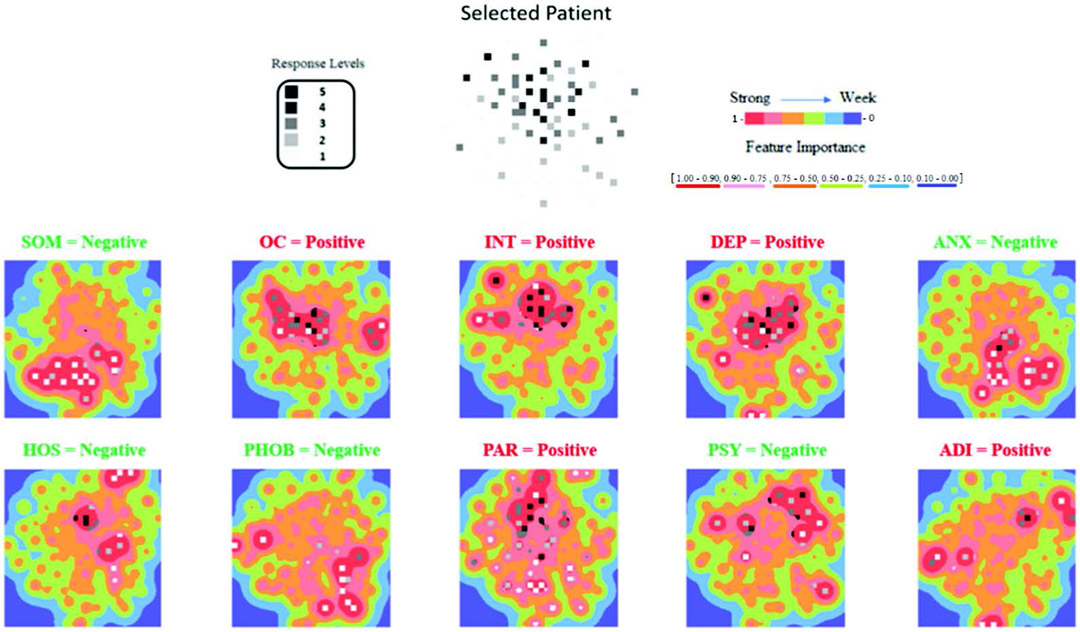Mental health care faces a growing challenge: too many patients, too few professionals.
Across the country, millions struggle to find timely or affordable mental health support. A 2021 study found that barely 28 percent of Americans live in regions with enough clinicians to meet the need.
This imbalance was an inspiration for Ali Tosyali, assistant professor of management information systems at the Saunders College of Business, who worked with collaborators in Turkey to research a potential assistive technology that could help practitioners identify potential disorders in a faster and efficient manner.
The result is Mental Disorder scan (MDscan), a deep-learning model that analyzes how people respond to a standardized questionnaire and produces a visual “mental map” for clinicians to review. Tosyali co-authored the study, which was recently published in the Journal of Management Information Systems.
“This isn’t an AI system that gives any decisions on behalf of the clinician,” Tosyali said. “It scans patient responses and highlights where a clinician might want to spend more time, like the mental health equivalent of an MRI. It takes a picture and lets the professional interpret it.”

Provided
MDscan creates a separate heatmap for each mental disorder, allowing clinicians to view relative symptom patterns and spot cases where multiple conditions may overlap.
The model was trained using data from a partner clinic, the Guven Private Health Laboratory in Balikesir, Turkey. Five hundred patients answered 90 standardized questions designed to screen for 10 common mental-health disorders, including depression and anxiety. The answers were converted into images that visually represent a patient’s mental-health profile. The approach helps clinicians quickly see patterns that might otherwise be buried in pages of text and notes. When they compared the results with using more traditional methods, the results were promising.
“We found that it was faster, and in many cases more accurate,” Tosyali explained. “Clinicians could make better decisions with less time spent reviewing questionnaires.”
Privacy and ethics were also central concerns. MDscan processes only questionnaire data and does not map a profile based on any identifying information like gender or race.
“The system doesn’t know anything about the patient beyond their answers,” Tosyali said. “That helps to minimize bias and protect privacy.”
The study has attracted attention abroad, but there are regulatory hurdles to leap over before it can be applied stateside. The research team is already building on MDscan’s foundation, working to reduce the 90-question survey to a more manageable 25-30 questions and introducing an adaptive chatbot that personalizes each interaction. Tosyali hopes these enhancements will make mental health screening easier for patients to engage with.
“If this technology can amplify the impact of clinicians, that’s a great outcome,” Tosyali said. “There are so many people living with mental-health issues who may not even realize it.”
